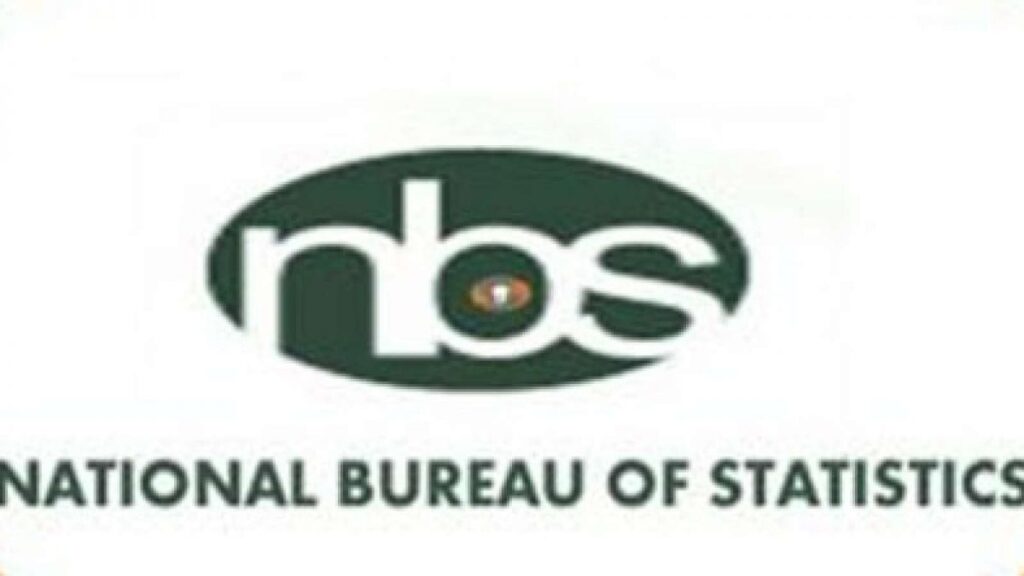
Nigeria’s Inflation Rate Drops to 24.48% in January 2025 After CPI Rebasing, Says NBS
The National Bureau of Statistics (NBS) has attributed the decline in Nigeria’s headline inflation rate to 24.48% in January 2025 to the recent rebasing of the Consumer Price Index (CPI). The Statistician-General of the Federation and CEO of the NBS, Prince Adeyemi Adeniran, provided the explanation during the launch of the rebased CPI report on Tuesday.
Prince Adeniran highlighted that economies evolve over time due to factors such as innovation, globalization, and shifts in production and consumption patterns. These changes, he noted, necessitate updates to the base year used for calculating the CPI to reflect current economic realities. “This process, known as rebasing, ensures the CPI basket accurately represents the average change in price levels,” he explained.
He emphasized the importance of periodically rebasing the CPI to account for changing consumption patterns. “The All-Items Index, which measures headline inflation for January 2025, stood at 110.7, resulting in a year-on-year inflation rate of 24.48%. This increase was driven primarily by Food and Non-Alcoholic Beverages, Restaurants and Accommodation Services, and Transport,” he said.
The Food Index for January 2025 was 110.03, leading to a year-on-year Food Inflation rate of 26.08%. Meanwhile, the Core Index, which excludes farm produce and energy, stood at 110.7, resulting in a Core Inflation rate of 22.59%. By sector, Urban Inflation was 26.09%, while Rural Inflation was 22.15%.
Prince Adeniran also announced the introduction of new Special Indices, including the Farm Produce Index, Energy Index, Services Index, Goods Index, and Imported Food Index. However, he clarified that the inflation rates for these indices are not year-on-year but compare January 2025 prices to the 2024 base year. The rates for the Special Indices are as follows:
– Farm Produce: 10.50%
– Energy: 8.9%
– Services: 10.41%
– Goods: 10.79%
– Imported Food: 11.47%
Year-on-year rates for these indices will begin in January 2026, while month-on-month rates will start in February 2025.
The Statistician-General noted that while rebasing should ideally occur every five years, it had not been done in over a decade. He assured stakeholders that the process was thorough, inclusive, and followed extensive consultations.
Economists have welcomed the rebasing exercise, describing it as a step toward reflecting current inflationary pressures. Professor Uche Uwaleke, a Capital Market Studies expert, stated, “The rebased figures will enable the government and monetary authorities to make more informed decisions. The updated methodology also aligns Nigeria’s inflation data with global standards, boosting investor confidence.”
He added that the decline in inflationary pressure in January 2025 could prompt the Central Bank of Nigeria’s Monetary Policy Committee to pause interest rate hikes, creating room for economic growth.
The rebasing exercise represents a significant effort by the NBS to accurately measure price changes and provide reliable data for policymakers and stakeholders in Nigeria’s economy.
